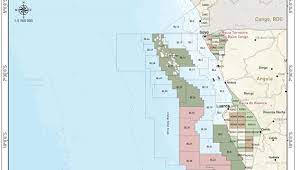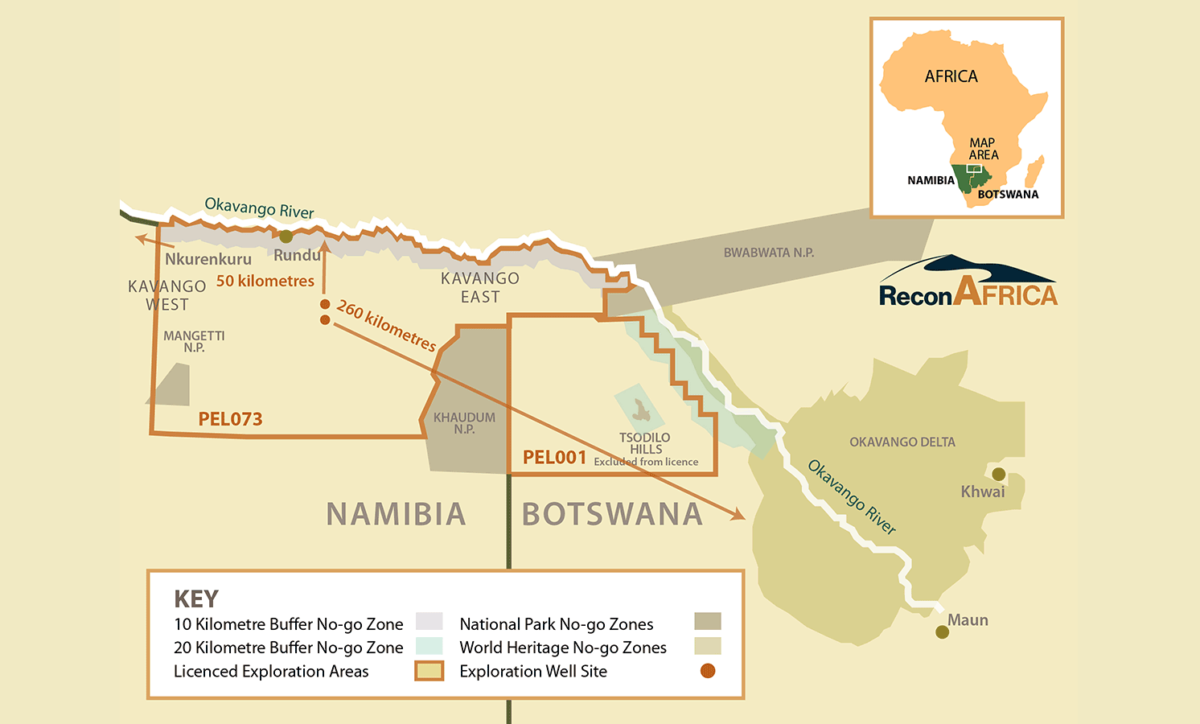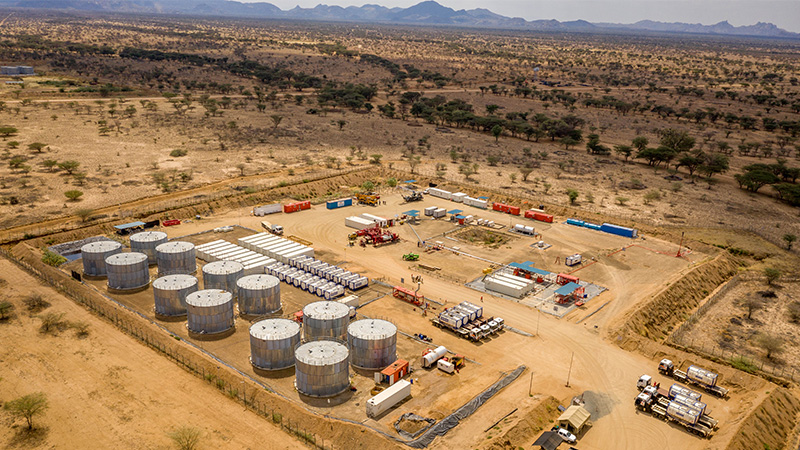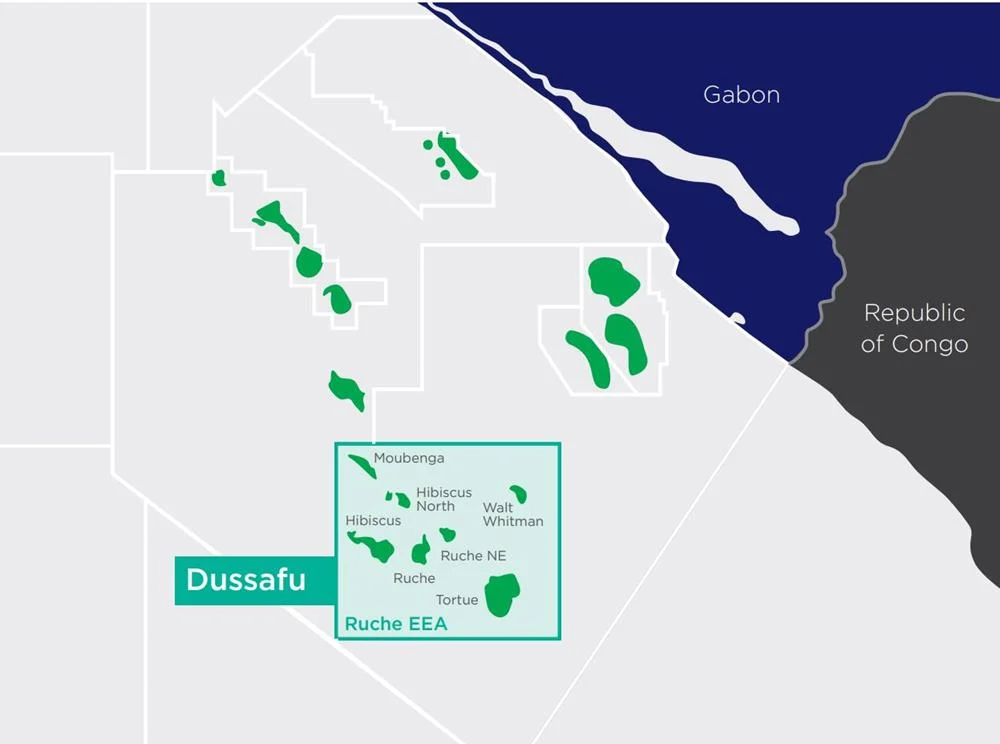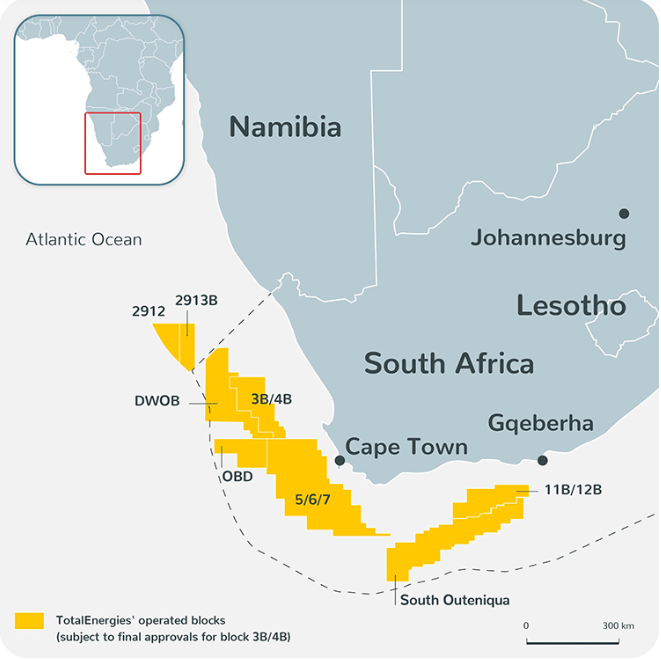KENYA: KJV Seek Higher Crude Oil Production for Faster Capital Returns
The Kenya Joint Venture comprising of Tullow Oil, Total and Africa Oil seeks to increase the amount of oil produced per day in a “newly redesigned and optimized” plan in the South Lokichar development.
According to the new presentation by Africa Oil seen by Oil News Africa KJV plans to produce 130,000 barrels daily a 30 percent increase from the previous plan even as the partners plan for a lower well count producing a higher rates and optimized facilities. To achieve this plan seeks higher production rates by targeting productive wells at crest, expediting and extending peak rate by earlier well phasing. To support lower OPEX the plan favors analogue fields.
The crude oil will be gathered through a network of three oil trunk and water injection lines utilizing four fields including Twiga, Ekales, Ngamia and Amosing.
For storage the new design will see 390,000bbls at the central processing facility and 4x 500,000 tanks at the Lamu marine terminal. The terminal offloading facilities will have the capability for Suezmax and Aframax vessels.
On water usage the plan involves utilizing 440,000bbls/d at the CPF with water channeled through a 24 inch diameter pipeline from Turkwel dam with a capacity of 220,000bbls/d with the sweep scope method to be employed to significantly improve water sweep efficiency.
Further KJV says it has updated the FEED to reduce GHG emissions by 40% by elimination of flaring and reinjection of excess gas, significantly enhancing project economics and developed an emissions offset programme that will also support pastoralist livelihoods and support wildlife protection. The gas will also be used to generate 72MW at the CPF to run operations.
Lastly the JV says has aligned its resources plans with the government which include looking for a new partner. Significant progress has also been made on fiscal terms, land, water and ESIA.
On corporate social programmes women from the neighboring communities will receive cook stoves in a bid to reduce emissions, improve public health and empower them by freeing time from firewood collection. On capacity building local workers will also get skills development training at the Lodwar Vocation Training Centre


